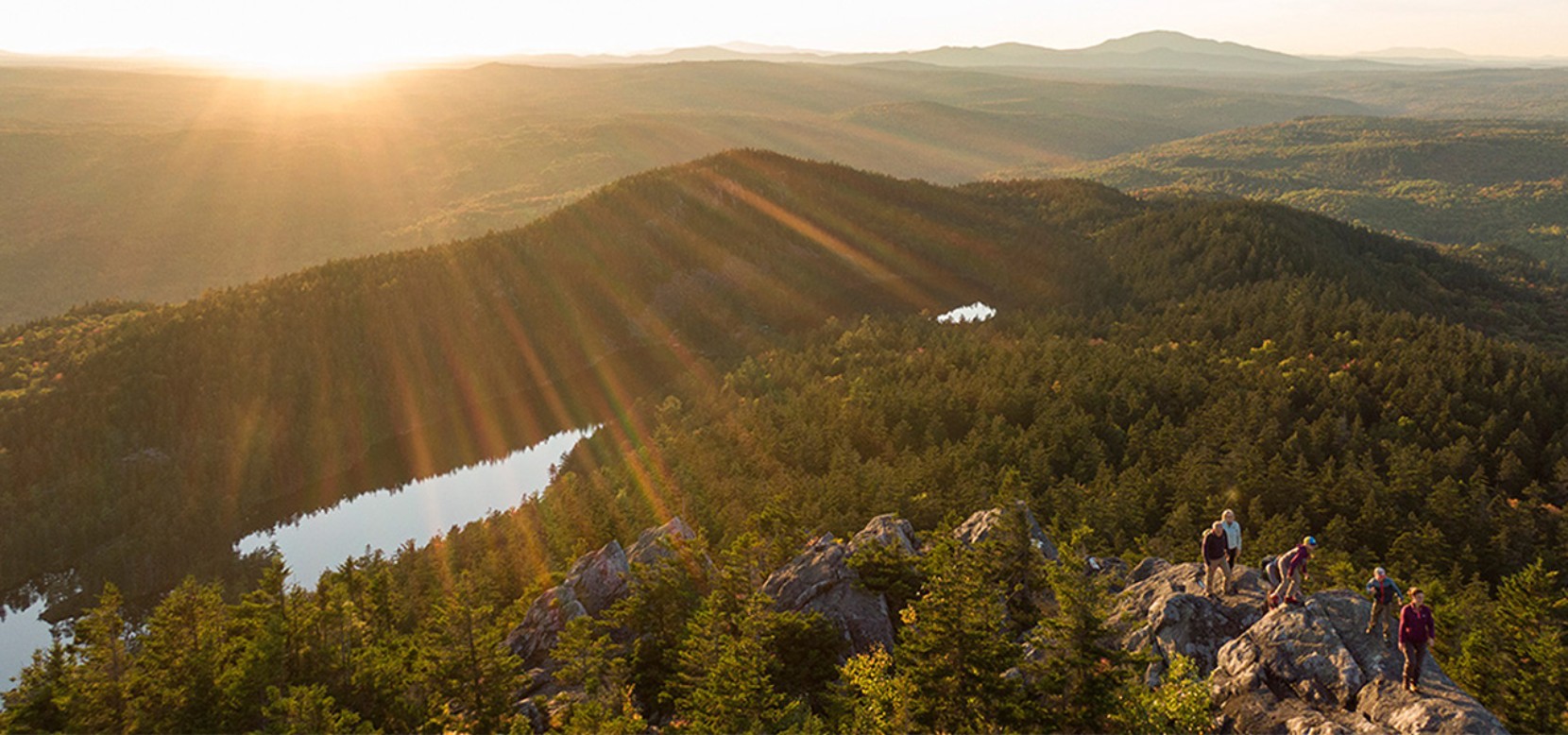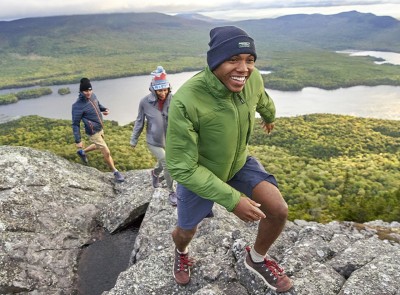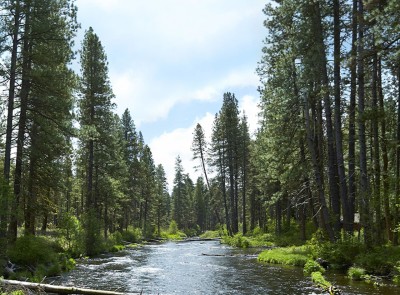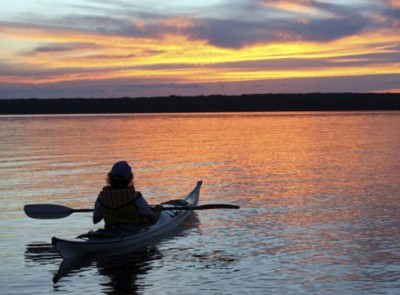Freeport, ME, January 4, 2021
The Restorative Power of the Outdoors: Finding Awe in Our Everyday
When Leon Leonwood Bean started L.L.Bean in 1912, it was with the belief that great outdoors has much to teach us—about ourselves and about the world around us. L.L. insisted that time outside in the presence of a snow-capped mountain, a rushing river, or a starry night sky allowed us to forget the stresses of everyday life.
He knew then what we know to be true now: we’re at our best when we’re outside.
At L.L.Bean, we have spent the past 109 years encouraging people of all ages to get outside to experience the rejuvenating effects of nature. We all know this feeling intuitively, but now the science confirms it. Being outdoors is good for us—physically, mentally, and emotionally.
Researchers across the country have found the many benefits of spending time in nature , from improved short-term memory, better problem solving, and greater creativity to lower levels of stress and higher feelings of well-being.
One reason we find that nature is so beneficial for psychological health is that it arouses awe –– a feeling of being in presence of something vast and powerful that transcends our current understanding of the world. According to social scientist Paul Piff , associate professor of psychological science at UC Irvine, awe “decenters” us, anchoring us in what matters most. Or as L.L. said many years ago, great open spaces “teach us to forget the mean and petty things of life.”
People who experience awe and its restorative effects are healthier. For example, research finds that even brief experiences of awe outdoors , such as being amid beautiful tall trees or gazing on a starry night sky, lead people to be happier, less stressed, and more socially connected––more attuned to what we share with one another.
And what a great antidote for this time. The outdoors not only restores us, after a year perhaps unlike any other we will live through, it also connects us.
Related Stories









